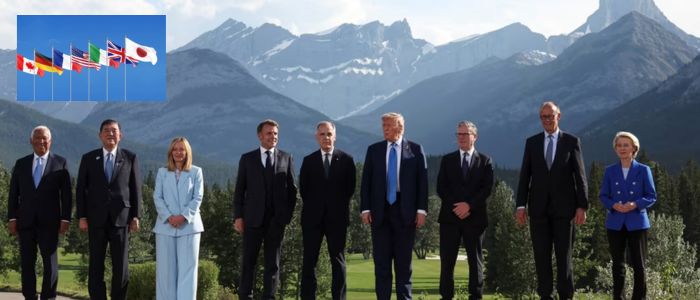Pending signature by US President Donald Trump, the document has underscored the necessity for mineral markets to accurately value and pay for the full costs associated with responsible and ethical production.
Export Restrictions From China Prompt Global Concerns
Worries about mineral supply chains escalated in April when China, whose aggressive trade policy has prompted other countries to seek alternate sources of metals, restricted the export of many important minerals and magnets. These limitations have had a ripple effect on the automotive industry, semiconductor market, and defense contracting, among others, as all rely significantly on these materials.
Last week, President Trump said that President Xi Jinping of China had agreed not to block the flow of rare earth minerals and magnets to the United States. But even with this agreement, Beijing still holds a big stick in its control of rare earths and like minerals.
An Organized Approach Towards Resilience
The draft strategy emphasizes that some “non-market policies and practices” are a threat to the ability to source vital minerals. The G7 leaders in turn pledged to use their combined efforts and collaborate with other nations to shield their economies and national security.
That includes getting ready for potential shortfalls, replying to deliberate disruptions in supply and diversifying the places where minerals are mined, processed, manufactured and recycled. It seeks to cut the dependence on any one supplier and to construct a diversified and more stable global supply chain for critical minerals.
World

G7 Leaders Unite to Secure Critical Mineral Supply Chains

Leaders from the Group of Seven have agreed in principle to a strategy to ensure the continued supply of critical minerals and strengthen their respective national economies. The joint plan, detailed in a draft statement, focuses on responsible sourcing of the raw materials, as the global supply chain seeks to shine a light on the extraction, processing and trading of vital resources.















